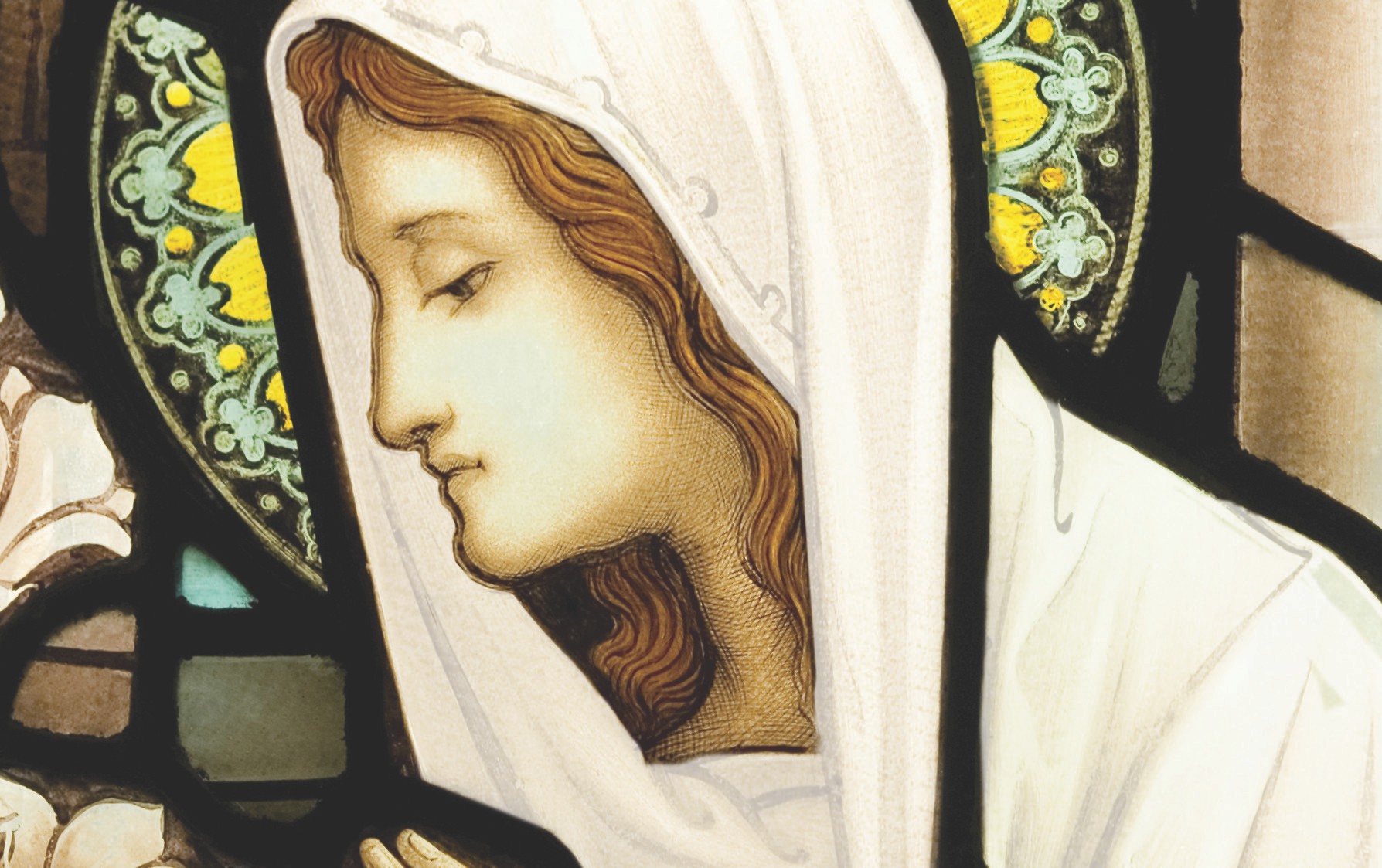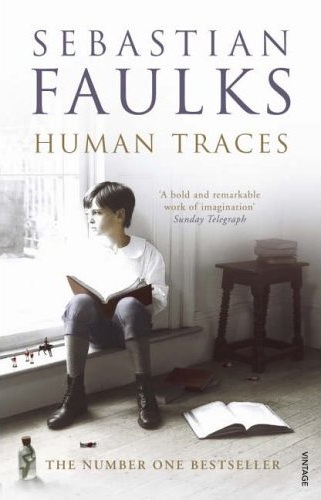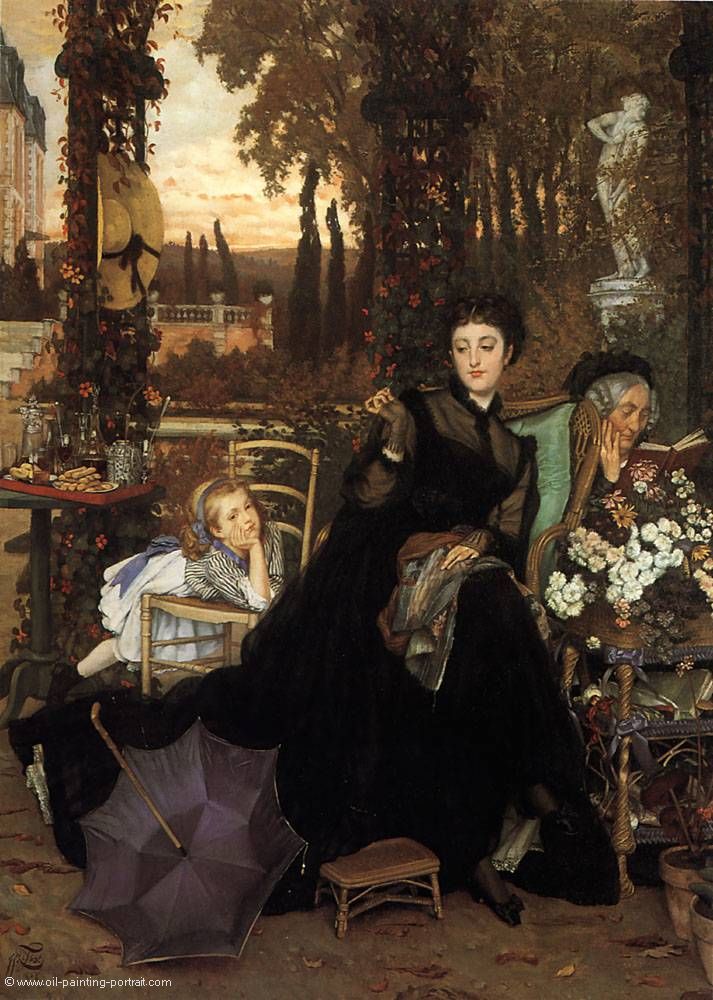This article investigates the possible reasons for and significance of British twenty-first century fiction’s return to periods in which the field of mental health came into being and developed into a splintered discipline, contested by neurologists, alienists, pathologists, psychiatrists and psychoanalysts. Through an analysis of Sebastian Faulks’ Human Traces (2005), Michel Faber’s The Crimson Petal and the White (2002) and Maggie O’Farrell’s The Vanishing Act of Esme Lennox (2006), this article aims to situate twenty-first century fiction within an interdisciplinary critical framework of questions: if, as Freud feared in his Studies on Hysteria (1895), psychoanalytic case histories can “read like short stories” (231), can novels in turn read like case histories of the societies and cultures of which they are products? If texts such as Charlotte Brontë’s Jane Eyre (1848), Wilkie Collins’ The Woman in White (1860), or Mary Elizabeth Braddon’s Lady Audley’s Secret (1862) were able to “put the many concerns Victorians had about insanity into dramatic perspective” (Appignanesi 87), then do their twenty-first century counterparts perform the same role with regards to issues surrounding women as practitioners and patients within the field of mental health in Britain at the turn of the new millennium?
Read More »











